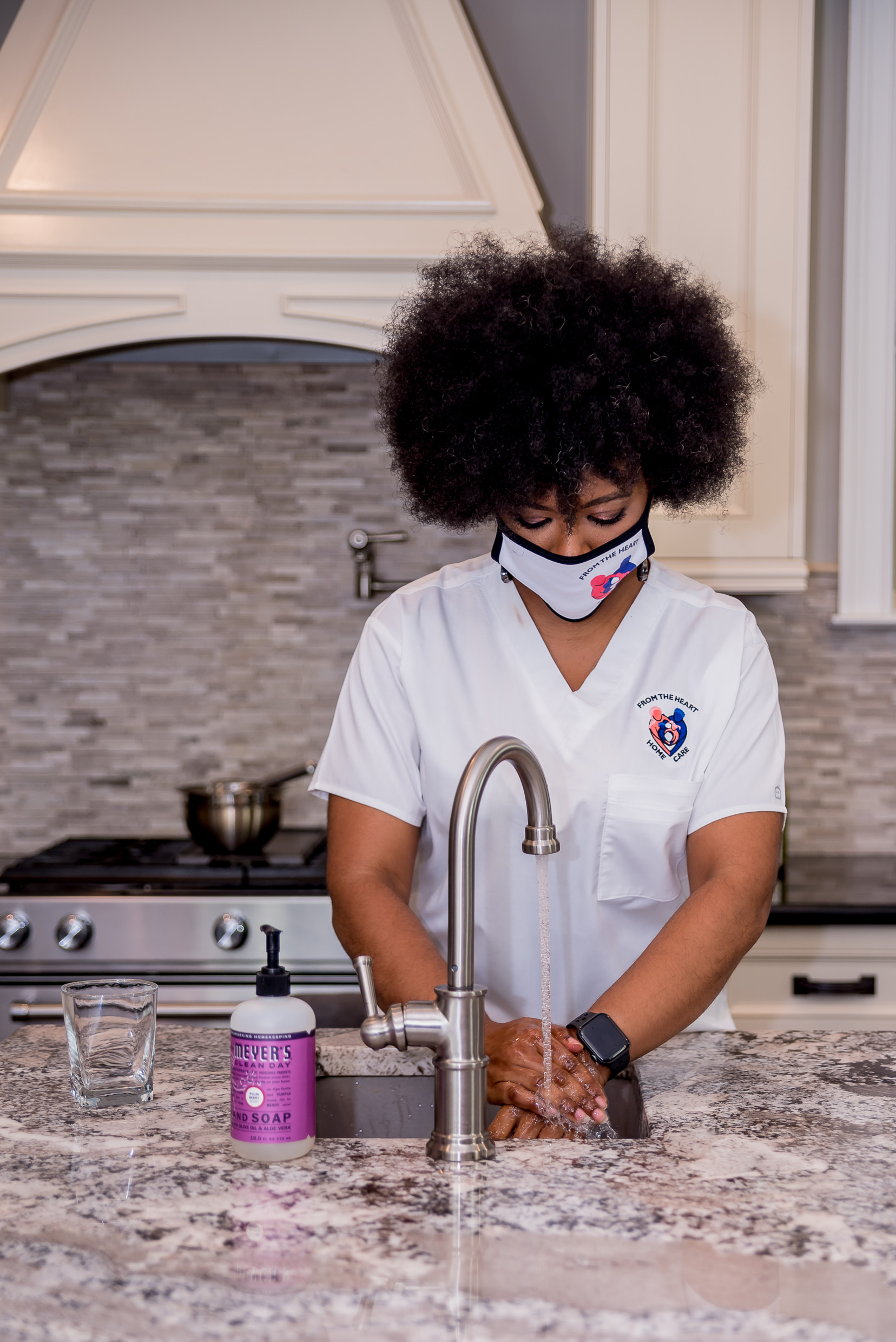When to Seek for Home Care
First, if your loved one has recently experienced a fall or injury. A home care provider can help them recover and return back to a normal routine. Also, if they have been diagnosed with a life-altering condition like diabetes, a home care providers can help them establish habits to manage their health. A diagnosis like Alzheimer’s disease or dementia can indicate that your senior loved one will require more help in the months and years to come.
After you’ve determined that your parent or loved one needs a home care provider, you should discuss with them and your other family members the type of care services they will require. Determine if your parent simply needs homemaking assistance with tasks like doing laundry or cooking meals. Or do they need a greater level of care, like help getting out of bed, grooming, or using the restroom?
Once you have a better idea about the level of care your loved one requires, you should talk to them and other interested family members about the different care options you can choose from. Would they rather stay in their own home to receive care?
In most cases, your parent will want to stay in their own home, where they are comfortable. A home care provider is such an appealing option. You can schedule a qualified home care provider to visit your senior loved ones. As many times as they need, as well as for as long as they need. These caregivers provide all the services you request, spanning the entire spectrum of care.
Things need to consider
Selecting the right home care provider for your parent’s needs is a big decision and one that you should invest time into making. Here are a few steps you should take to choose the best home care provider.
- They Have the Required Certifications:
You want to ensure that your parent is being cared for by trained professionals. Almost all states require home health care certifications, but it’s important that you know what your state requires. Verify their certifications, and also find out if they are Medicare certified (if that is applicable to your needs).
- They Have Experience with Services You Need:
Every senior has different needs. Once you have established what your parent’s needs entail, find someone with experience providing the specific type of care services that you require. Ask for any pamphlets or literature they can provide outlining their services.
- They Have an Excellent Reputation:
Both you and your parents should feel comfortable with the person you have chosen to provide care. Find out as much as you can about their reputation, like how long they have been in the healthcare industry and if they can provide references. References can tell you more about the experience that other seniors and their families have had with this caregiver.
- They are Prepared for Emergencies:
You want to ensure that your parent is in safe hands with the caregiver you select. Learn more about the services the home care providers you’re considering have in place. Ask how emergencies are handled both during regular business hours and after-hours if you require overnight services.
- They are a Personality Match:
The caregiver you choose will be spending a lot of time with your parent and providing companionship for your loved one. You want to choose a caregiver that is compassionate and caring, with a personality that meshes well with your parent or senior loved one. One way to gauge how well they treat clients is how they talk about previous clients. If they are kind and respectful, they are likely a good choice.
- They Provide Effective and Timely Communication:
You always want to be up to date on your loved one’s care. Make sure that you choose a caregiver who is an effective communicator and can keep you in the loop. Not only should the caregiver communicate well with you. They should also be in contact with the rest of your care team.
- Take Time to Find the Best Fit:
Before you make a final decision, it’s perfectly acceptable to try out multiple caregivers to determine which one is the right fit. This is a big decision for your family. So, you need to configure either you’re selecting the best home care provider.
- They Have the Required Certifications:
You want to ensure that your parent is being cared for by trained professionals. Almost all states require home health care certifications, but it’s important that you know what your state requires. Verify their certifications, and also find out if they are Medicare certified (if that is applicable to your needs).
- They Have Experience with Services You Need:
Every senior has different needs. Once you have established what your parent’s needs entail, find someone with experience providing the specific type of care services that you require. Ask for any pamphlets or literature they can provide outlining their services.
- They Have an Excellent Reputation:
Both you and your parents should feel comfortable with the person you have chosen to provide care. Find out as much as you can about their reputation, like how long they have been in the healthcare industry and if they can provide references. References can tell you more about the experience that other seniors and their families have had with this caregiver.
- They are Prepared for Emergencies:
You want to ensure that your parent is in safe hands with the caregiver you select. Learn more about the services the home care providers you’re considering have in place. Ask how emergencies are handled both during regular business hours and after-hours if you require overnight services.
- They are a Personality Match:
The caregiver you choose will be spending a lot of time with your parent and providing companionship for your loved one. You want to choose a caregiver that is compassionate and caring, with a personality that meshes well with your parent or senior loved one. One way to gauge how well they treat clients is how they talk about previous clients. If they are kind and respectful, they are likely a good choice.
- They Provide Effective and Timely Communication:
You always want to be up to date on your loved one’s care. Make sure that you choose a caregiver who is an effective communicator and can keep you in the loop. Not only should the caregiver communicate well with you. They should also be in contact with the rest of your care team.
- Take Time to Find the Best Fit:
Before you make a final decision, it’s perfectly acceptable to try out multiple caregivers to determine which one is the right fit. This is a big decision for your family. So, you need to select the best home care provider.







